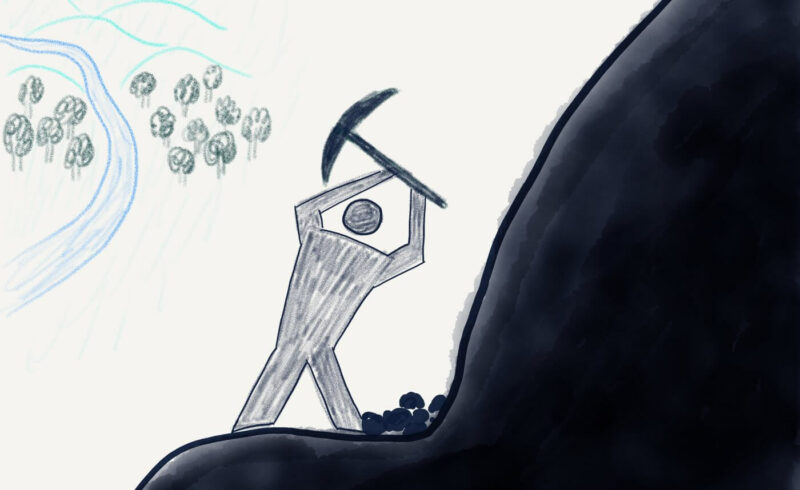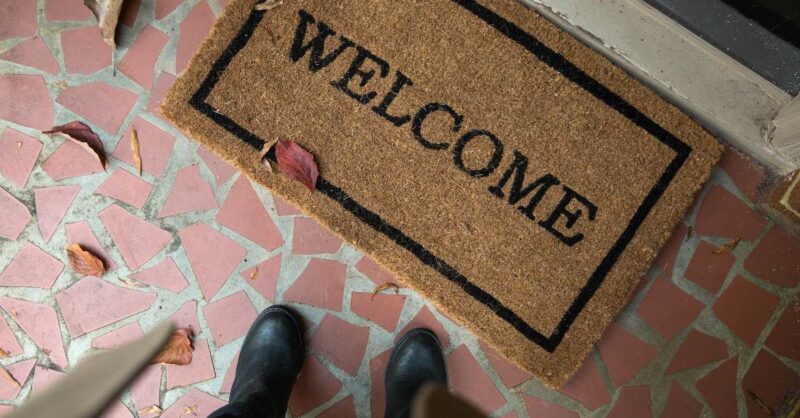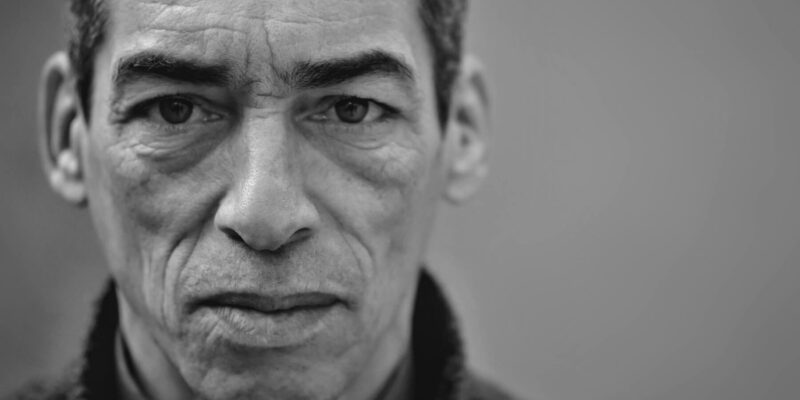Here’s one of my favorite unpopular opinions:
Many of our mistakes in life are the result of poor planning, not poor self-control.
Think about overeating. If you’re anything like me, when you plow through an entire pint of Ben and Jerry’s ice-cream, you probably had some thought of I really shouldn’t… but then go for it anyway. So in a micro sense, sure, there’s a deficit of self-control. But to say that your overeating behavior was the result of poor self-control is to ignore the broader context of your decision.
For example, consider the fact that your freezer was stocked full of several of your favorite flavors of Ben and Jerry’s. This means that every single evening you have to do battle with your baser instincts. Maybe you win some, maybe you lose some. But on average, if Ben and Jerry are always camping out in your freezer, your odds of abstaining consistently are not good.
Good planning means you don’t need self-control
Better planning means eliminating bad options for yourself. In this case, it might mean choosing not to buy ice-cream at the grocery store in the first place.
In other words, your plan might be:
I don’t buy ice-cream at the grocery store. I’ll get it as a special occasion when I’m out to eat, but not as a regular part of my shopping.
This strategic plan sets you up for success because it removes most of your potential bad decisions. As long as you make one good decision each week at the grocery store, you remove seven potentially bad decisions each evening.
But planning isn’t just a matter of making better initial decisions. Planning means taking a high-level look at your decision-making more generally— especially those decisions where you seem to need a lot of self-control—and rethinking the whole game plan.
Failing to plan is planning to fail
See, for most of us, we simply haven’t taken the time to generate a game plan for our personal growth goals. Which means our game-plan defaults to the most primitive one imaginable—relying on self-control and hoping for the best.
Obviously, this doesn’t lead to great results, whether we’re talking about eating better, exercising regularly, or being more patient with our kids.
Ironically, we know how important good planning is in many areas of life:
- Good business owners don’t just wing it and hope for the best when they try to market their projects or services. They have a marketing strategy and procedures in place.
- Good coaches don’t just wing it and hope for the best when facing a new opponent. They study film and develop a game plan for that specific opponent.
- Good generals don’t just hand their soldiers a rifle and say “Go get ‘em, boys.” They develop a strategy and plan of attack.
In most areas of life, we know that it’s unwise to rely on good intentions and self-control to get good results. Strangely, it’s as if we completely forget about this as an option in our personal lives.
We don’t even consider the notion of planning and strategy and just keep winging it and hoping for the best. And then, of course, we beat ourselves up after the fact for having poor self-control.
This is madness!
Design your life as if you have no self-control
If you want to achieve your goals more consistently, assume you have zero capacity for self-control then plan accordingly.
Put another way: If you had to live your life knowing that you had absolutely zero ability to resist temptation, what would you do?
Personally, I’d work like hell to avoid temptation in the first place!
If you want to make better decisions, stop giving yourself bad options.
If you want to write a novel, stop trying to write with your phone on your desk and the internet open.
If you want to exercise after work, stop going home first and plan to go straight to the gym.
If you want to have an important conversation with your spouse or partner, don’t wait until 11:00 pm.
And for God’s sake, if you want to stop eating so much Ben and Jerry’s, don’t let those guys in your house!





6 Comments
Add YoursSpot on… it is brilliant….
Even though I am trying to eat better, when I go shopping I am already planning to “treat those bad, lonely or bored moods with food” I buy the potato chips and dip, the sausage, etc. When I am shopping, my rational is “I might deserve a treat”.
I will be more diligent in the future.
This is fantastic. Plan like I have zero self-control – love it, and will implement as if today.
“If you want to write a novel, stop trying to write with your phone on your desk and the internet open.” – This is hilariously spot on for me because even as I type right now my phone is propped up in front of me to a game I play every day. Yah, deliberately setting up myself to be distracted.
Totally spot on. Once you start these habits, the habits become behavior and the less you have to struggle to maintain them. It becomes second nature. This is why parents have to start early teaching their children these habits. The older you wait to change your habits, the more difficult it becomes.
Couldn’t stop laughing at myself – the occasional treat that ends up becoming my daily until I empty the content, my cell phone that’s never muted on my desk to check WhatsApp messages. Thanks for this article.
Planning and scheduling are definitely key. While I do think some discipline and self-control are required, I 100% agree with this article that if you have the right systems in place and stick to following them, it’s a much better plan than betting on self-control.
Absolutely I’m guilty of buying ice cream etc as regular shopping, totally different to buy it for special occasions????